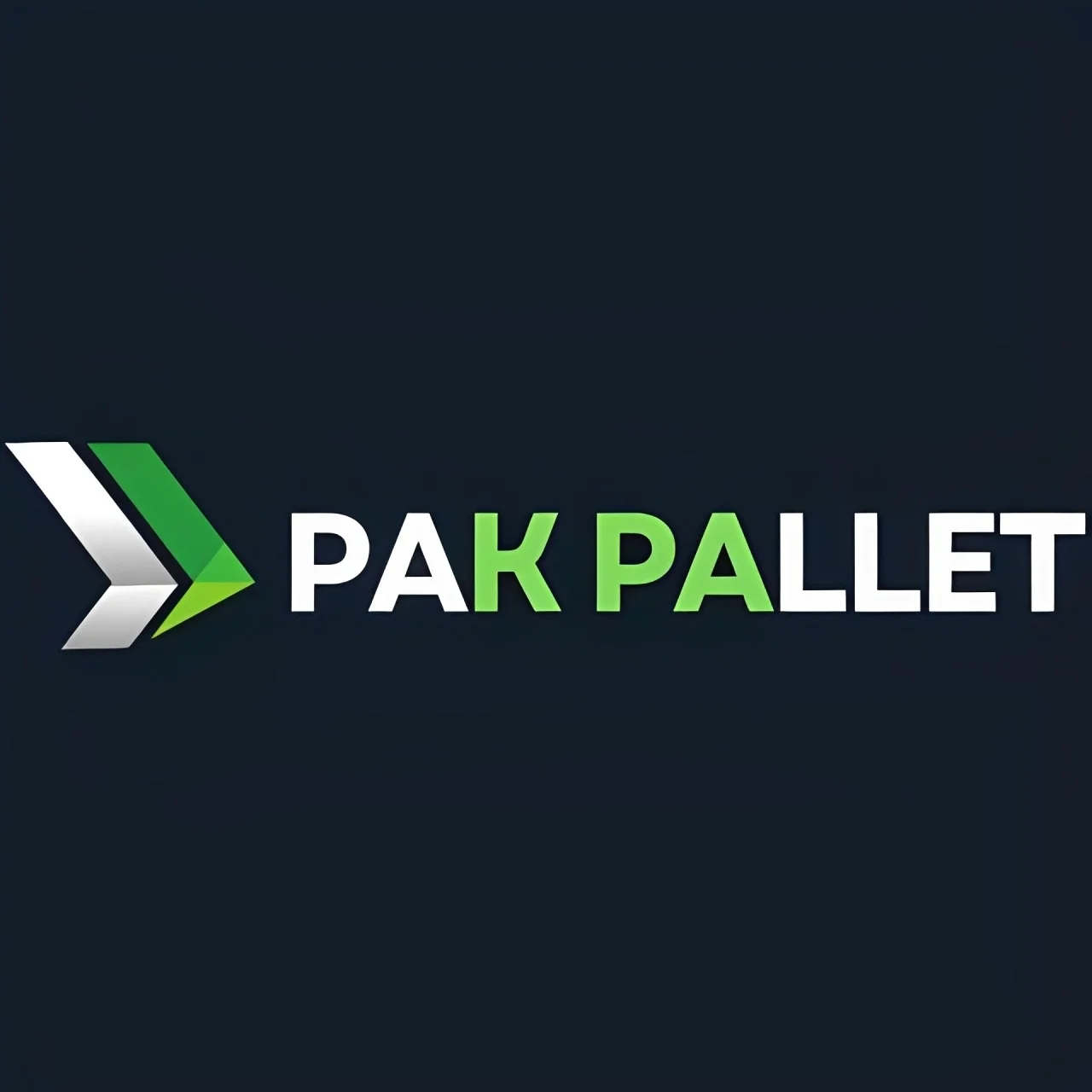Introduction
Pakistan’s trade and logistics sector has experienced remarkable growth over the years, driven by increasing imports, exports, and industrial development. With ports like Karachi and Gwadar handling millions of tons of goods each year, the demand for efficient shipping and logistics solutions has never been greater. Among the many shipping methods available, FCL transportation services have emerged as a preferred choice for businesses dealing with bulk cargo. These services are reliable, cost-effective, and suitable for companies that need full control over their shipments.
Understanding FCL Shipping
FCL stands for Full Container Load, a method of cargo transportation in which an entire shipping container is reserved for a single customer. Unlike LCL (Less than Container Load), where multiple shipments from different clients share space, FCL ensures that only one shipment is placed inside the container. This not only increases security but also reduces handling risks.
In Pakistan, FCL transportation services are widely used by exporters of textiles, leather, sports goods, surgical instruments, and agricultural products. Importers of heavy machinery, raw materials, and industrial equipment also prefer FCL due to its reliability and efficiency.
Why Businesses Prefer FCL Transportation
The popularity of FCL transportation services in Pakistan can be explained by the benefits it offers to both importers and exporters.
Firstly, it provides exclusive space. Since the container is not shared with others, there is no mixing of goods, which reduces the risk of contamination or damage. Secondly, FCL shipments are usually faster because they do not require consolidation or deconsolidation at ports. Thirdly, businesses find FCL to be cost-efficient when transporting large volumes, as the cost per unit decreases significantly compared to LCL shipments.
Another key reason is security. With a dedicated container, the cargo is sealed at origin and remains untouched until it reaches its final destination. This reduces the chances of theft, mishandling, or loss.
Role of Ports in FCL Shipping
Pakistan’s main seaports, Karachi Port and Port Qasim, play a crucial role in the success of FCL transportation services. These ports handle the majority of the country’s import and export traffic, with modern container terminals that support large shipping lines. The development of Gwadar Port under the China-Pakistan Economic Corridor (CPEC) is further enhancing the capacity for handling FCL shipments.
Customs clearance, warehousing, and inland transportation also contribute to smooth cargo movement. Many logistics companies in Pakistan provide door-to-door FCL transportation services, ensuring goods are collected from factories, packed, sealed, and delivered to the final destination abroad.
Industries Relying on FCL Services
Several industries in Pakistan heavily depend on FCL shipping due to the scale of their operations.
-
Textile Industry: As Pakistan is one of the largest textile exporters in the world, FCL containers are frequently used to transport cotton yarn, fabrics, and garments to international markets like the USA and Europe.
-
Agriculture: Products such as rice, fruits, and vegetables are shipped in bulk through FCL containers to maintain freshness and ensure proper handling.
-
Surgical Goods and Sports Equipment: Cities like Sialkot rely on FCL shipments to export their globally recognized products.
-
Automobile and Machinery Imports: Heavy vehicles, spare parts, and industrial machinery are best suited for FCL transportation because of their size and weight.
These examples highlight how deeply integrated FCL transportation services in Pakistan are in the country’s economic landscape.
Comparison with LCL Shipping
It is important to differentiate between FCL and LCL shipping. LCL (Less than Container Load) is designed for smaller shipments that do not require a full container. While LCL can be cost-effective for small businesses, it involves multiple handling stages and shared space with other shippers.
On the other hand, FCL transportation services are more suitable for large-scale shipments. Although renting an entire container might seem expensive at first, when calculated per unit, it often proves more economical for businesses dealing with high-volume trade. This is why many exporters in Pakistan prefer FCL despite having the option of LCL.
Cost Factors in FCL Shipping
The cost of FCL transportation services in Pakistan depends on several factors. Container size plays a major role, with 20-foot and 40-foot containers being the most commonly used. Freight charges vary based on international routes, shipping lines, and seasonal demand.
Other factors include customs duties, port handling charges, inland transportation costs, and fuel surcharges. However, companies often find that the long-term benefits of FCL—such as reduced risk, faster delivery, and bulk savings—outweigh the initial expenses.
Technology in FCL Transportation
Modern technology is transforming FCL transportation services in Pakistan. Digital tracking systems allow businesses to monitor their cargo in real time. Automated port terminals improve efficiency by reducing loading and unloading times. Logistics companies are also integrating software solutions for inventory management, customs documentation, and electronic payment systems.
These technological advancements are not only improving transparency but also building trust between shippers and logistics providers.
Challenges in FCL Services
Despite its advantages, FCL transportation services in Pakistan face some challenges. Infrastructure limitations, traffic congestion at ports, and bureaucratic customs procedures can sometimes delay shipments. Additionally, fluctuations in global fuel prices and freight rates affect overall costs.
Another challenge is competition from regional ports, which sometimes offer lower charges and better efficiency. To overcome these hurdles, Pakistan is investing in modern port facilities, road networks, and logistics infrastructure under CPEC.
Future of FCL in Pakistan
The demand for FCL transportation services is expected to grow with Pakistan’s expanding trade volume. The textile and manufacturing industries are projected to increase exports, while imports of machinery and raw materials will continue rising.
Gwadar Port and new logistics corridors will further boost containerized trade, making Pakistan a strategic hub for regional shipping. With the integration of smart logistics solutions and government reforms in customs procedures, FCL services are likely to become even more efficient and cost-effective in the near future.
Conclusion
In today’s competitive trade environment, businesses need reliable logistics solutions to stay ahead. FCL transportation services in Pakistan have proven to be one of the most efficient ways of moving bulk cargo safely and on time. By offering exclusive container use, reduced handling risks, and cost benefits, FCL shipping continues to support Pakistan’s major industries.
As the logistics sector modernizes and trade routes expand, FCL services will play an even greater role in strengthening Pakistan’s position in global commerce. For businesses aiming to grow internationally, choosing FCL shipping remains a smart and secure decision.






